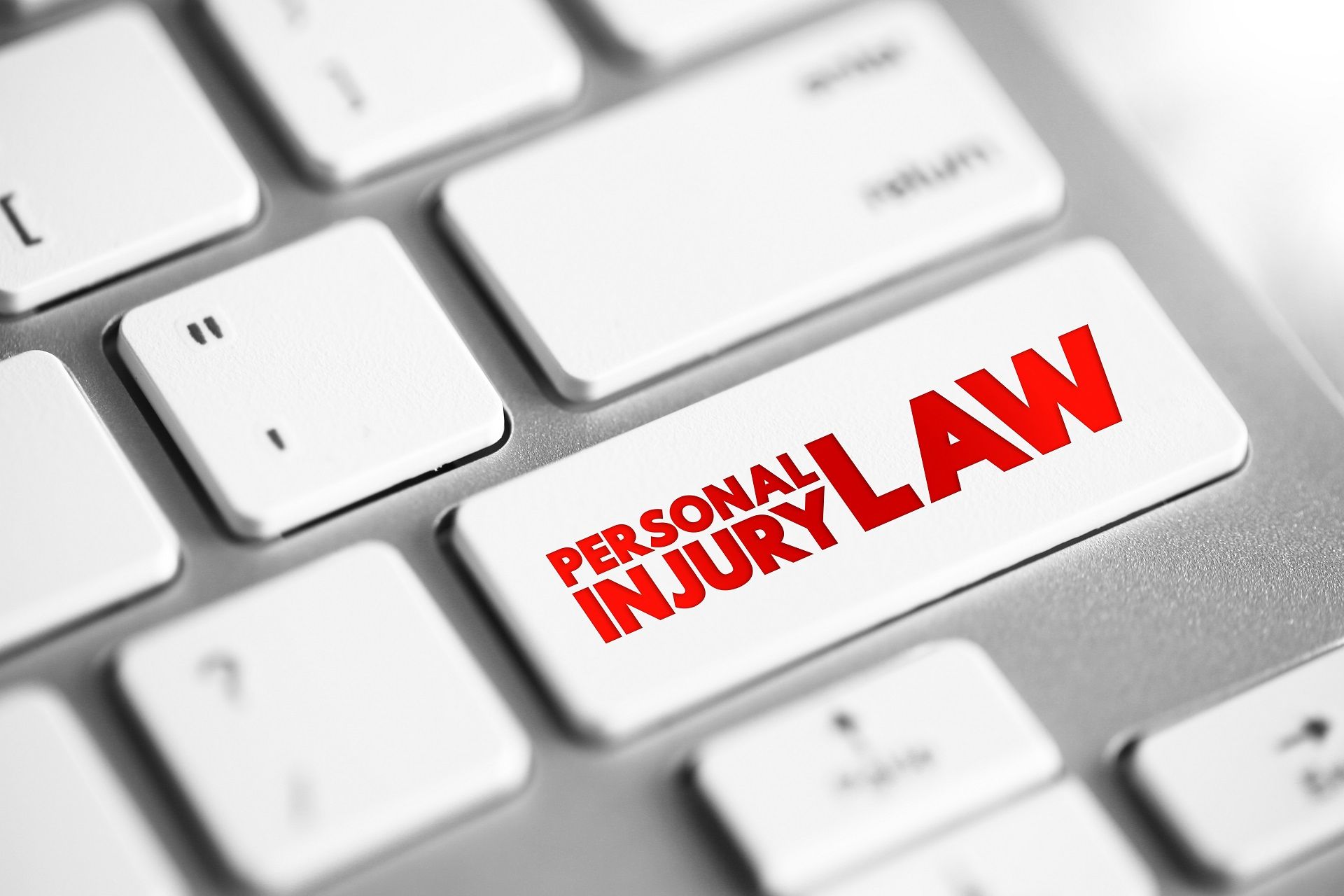Why Does Social Security Bring In Vocational Experts To Disability Hearings?

Social Security disability benefits are only awarded to those who have legitimate medical limitations preventing them from finding work. Naturally, figuring out whether a person can find employment is tricky, and as such, the claims process for getting a disability is often arduous.
One of the cornerstones on your way to receiving benefits will be the hearing in front of the administrative law judge.
Generally speaking, this hearing will make and break your disability claim. First, you’ve got to understand that the judge in question has extensive knowledge of all regulations that determine disability. Second, the Social Security Administration will call upon a vocational expert to testify on whether any jobs exist that you may do with your limitations.
These Social Security experts will be the focus of today’s blog, and by the end of it, you’ll know exactly what to expect during this step in acquiring disability benefits.
Does The Vocational Expert’s Testimony Affect The Outcome Of The Hearing?
Considering the fact the judge decides whether you’re disabled, why is the
vocational expert testimony so important?
This is as good a time as any to introduce residual functional capacity (RFC). It is an assessment of the extent to which the claimant’s medical impairment and symptoms cause mental or physical restrictions that affect their ability to complete job-related mental and physical activities.
Although the judge is familiar with the limitations that rule out certain jobs, they need to consult a vocational expert about the impact of the RFC on your ability to complete work-related duties. Social Security experts will be more familiar with all the current job duties, as well as relevant employment than the judge. Thus, they can establish whether any jobs are available in the current job market that you may be able to carry out. Consequently, this can determine whether you’ll receive benefits at the hearing level or not.
Role Of The Vocational Expert At Your Hearing
Primarily, concerning the Social Security Administration hearing, the expert will do the following:
1. Categorizing past relevant work
In most cases, the Social Security experts will review your work history before attending the hearing. They’ll categorize your previous jobs while consulting the Dictionary of Occupational Titles, which describes jobs by the exertion and skill level required to successfully perform them.
Each of the jobs found in this dictionary is assigned a so-called DOT code, which the expert will provide to the judge by taking into account your work history report and any details you revealed during your interview.
Afterward, the judge may ask whether any of the skills acquired during a particular job are transferable. The vocational expert may also ask you to clarify some details of your work history.
Along with consulting the Dictionary of Occupational Titles, the expert may use software to find the number of jobs that are available for each DOT code. This is crucial as jobs need to exist in ample enough numbers to be relevant to the case.
2. Answering the questions about RFC
The judge will determine if any jobs are available to you (with your limitations) by asking the expert a series of hypothetical or ‘what if’ questions about different restrictions that could apply to a person in a particular work environment.
After asking the expert a question and being provided with a DOT code for a job that the claimant may do, the judge will ask more questions and add additional functional restrictions (typically based on your medical record or testimony).
The expert can then compare the hypothetical RFC from the question to the RFC needed to perform prior jobs in your work history. If the answer is no, the expert will determine whether any jobs exist in the national economy that are available to the hypothetical RFC.
This is best illustrated through an example:
Administrative law judge: “Let’s assume an individual of the same age, work history, and education as the claimant is able to occasionally lift 20 pounds, and can walk and stand for four hours. Could this individual perform any of the jobs in the claimant’s work history?
The individual may not be able to perform any of the jobs present in the work history (at which point it’s implied that you can’t either) and the judge will then ask about the jobs in the national economy. After getting the list of jobs, they will introduce additional limitations, until all jobs are eliminated.
The best-case scenario is ending up with no available jobs, signaling there is a high chance that you’ll be approved for benefits.
Cross-examining The Vocational Expert
Even if during the judge’s line of questioning the expert provides a variety of jobs available to you, there's still a fighting chance. The hypothetical questions are just what-ifs and when writing the decision, the judge will choose which RFC best describes your limitations.
You can also cross-examine the vocational expert to challenge their testimony. As soon as the judge is finished, you or your attorney will be able to ask follow-up questions in which you can reference the hypotheticals posed by the judge and introduce any new limitations.
For instance, you may lack fine motor skills due to an injury (which might have been overlooked by the judge), yet the vocational expert recommended that a cashier job is something a person with similar limitations might be able to do. Your attorney can reference a medical source that confirms you lack fine motor skills in your hands and can’t move small objects, and ask the experts if any jobs are available with that particular limitation.
If the vocational expert answers no, you may be closer to receiving your benefits.
Your Benefits Are Just One Hearing Away
It may seem like the hearing is another hurdle for you and your well-deserved benefits, but rest assured that a judge will recognize if you have a legitimate disability. They’ll only use the testimony from the vocational expert to justify their decision.
Yet, not all cases are clear-cut. To avoid the possibility of not getting approved at the hearing, you should hire a disability lawyer to represent you. Cross-examining
Social Security experts takes skill - all the questions need to be precise if they’re to rule out any jobs.
Note:
The information in this blog post is for reference only and not legal advice. As such, you should not make legal decisions based on the information in this blog post. Moreover, there is no lawyer-client relationship resulting from this blog post, nor should any such relationship be implied. If you need legal counsel, please consult a lawyer licensed to practice in your jurisdiction.
RECENT POSTS
CONTACT US
We will get back to you as soon as possible.
Please try again later.
Evaluation Request
Contact Us
We will get back to you as soon as possible.
Please try again later.
Contact
Contact Us
We will get back to you as soon as possible.
Please try again later.
All Rights Reserved.
This website is managed by Oamii.







